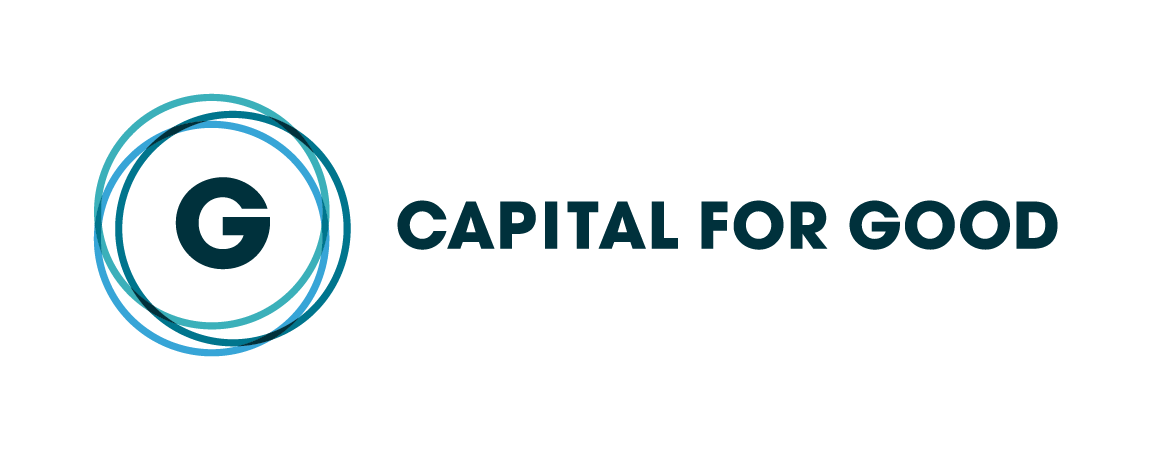Ebola Crisis Fund
2014-2015
In December 2013, the worst Ebola epidemic ever recorded began in West Africa. A two-year-old child from Gueckedou, Guinea—widely believed to be the first patient—became mysteriously sick and died. The sickness spread to family members but went unreported.
In March 2014, cases of Ebola were identified in Sierra Leone and Liberia. The outbreak spread to Nigeria in July, Senegal in August, and Mali in October. The rapid spread of the virus and its devastating results caught the world by surprise. Previously, no human outbreaks had lasted longer than 10 months or resulted in more than 300 deaths. But the 2014 outbreak was the largest in history, spreading beyond rural areas to major cities and transportation hubs.
With a death rate of 50%, Ebola-stricken communities had many needs, beyond the initial call for treatment centers, medical supplies and doctors. Communities faced economic struggles, food shortages, and psychosocial challenges. Survivors—including thousands of orphaned children—have faced isolation, homelessness, and poverty as a result of social stigma.
At the height of the crisis in the summer of 2014, Capital for Good USA launched the Ebola Crisis Fund. Within four months, the fund identified over 300 community-based organizations in Guinea, Liberia, and Sierra Leone as potential partners. Ultimately, the fund raised nearly $1 million for immediate relief, initial rehabilitation, and stabilization efforts. Funds were placed with more than 30 front-line organizations across three countries, which together reached more than 5.7 million people.
These results exceeded projected impact, with 91% of the projects achieving or exceeding benchmarks. According to an independent evaluation report:
“the Ebola Crisis Fund has succeeded in providing resources to well-networked local organizations working at the community level in the countries most affected by the West Africa Ebola outbreak. These resources have addressed some critical unmet needs within these communities. They have helped Ebola survivors and other affected people to begin addressing the trauma and stigma associated with the disease, and sought solutions within the communities themselves.”


